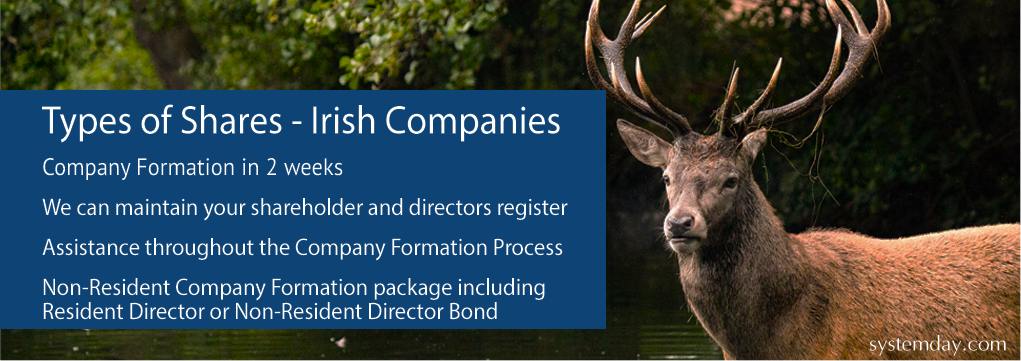
Types of Share
The rights and duties of a member will depend on the Articles of Association or the Constitution.
Where a company has a share capital, it is presumed that all shares have equal rights but the company may in its Memorandum and Articles of Association or the Constitution create a power to issue different classes of shares, including ordinary, preference and redeemable shares.
Ordinary Shares
Ordinary shares generally carry the right to a vote. Where a company is wound up they generally have a right to participate in any surplus funds beyond the fixed amount which they originally invested in their shares.
Where ordinary shares carry weighted or differing levels of voting power, but carry equal entitlements in respect of dividends and capital, they are normally divided into classes – Ordinary Shares Class A, Ordinary Shares Class B.
Preference Shares
Preference Shares carry preferential rights, most commonly as to dividend or capital. A share which is preferred as to dividend usually entitles the member to be paid his dividend in priority to the ordinary shareholders. Preference shareholders’ entitlements to dividends are generally expressed as a right to a percentage per annum of the nominal amount of the share.
Redeemable Shares
Redeemable Shares are shares which the company is entitled to redeem from its members. Where shares are redeemed the company generally cancels them. However, a treasury share is a share which is retained on redemption by the company and can subsequently be re-issued.
Bonus Shares
Bonus Shares are shares issued to the shareholders in proportion to their existing shareholdings, they are issued as having been fully paid-up so the shareholders are not required to pay for them. Bonus Shares are usually paid from accumulated profits that have been transferred to capital.
Bearer Shares
Bearer Shares are not permitted in Irish Private Limited Companies.
